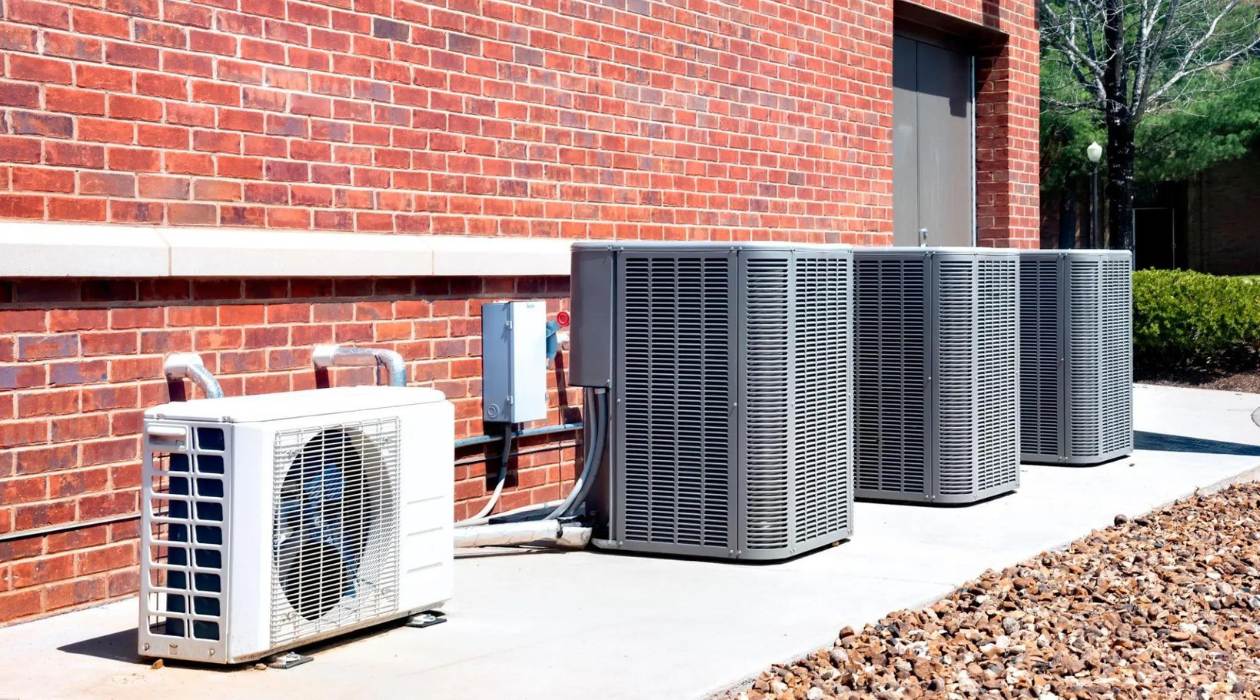

Articles
What Is The Difference Between Ac And HVAC
Modified: December 7, 2023
Discover the key distinctions between AC and HVAC systems in our informative articles. Gain valuable insights to make informed decisions for your home's climate control.
(Many of the links in this article redirect to a specific reviewed product. Your purchase of these products through affiliate links helps to generate commission for Storables.com, at no extra cost. Learn more)
Introduction
When it comes to keeping our homes and offices comfortable, air conditioning (AC) and heating, ventilation, and air conditioning (HVAC) systems play a crucial role. These systems are essential for regulating temperature, improving air quality, and creating a comfortable indoor environment.
While AC and HVAC are often used interchangeably, they are not the same thing. Understanding the difference between AC and HVAC can help us make informed decisions when it comes to choosing the right system for our needs.
In this article, we will explore the definitions, components, capabilities, costs, and applications of AC and HVAC systems. By the end, you’ll have a clear understanding of the differences between the two and be better equipped to make decisions regarding your indoor comfort needs.
Key Takeaways:
- AC systems focus solely on cooling, while HVAC systems provide both cooling and heating, making them more versatile for year-round comfort. Consider your specific needs and climate when choosing between the two.
- HVAC systems offer energy efficiency and ventilation control, ideal for larger spaces and commercial buildings. While AC systems are more affordable, HVAC systems are a long-term investment in comfort and air quality.
Definition of AC and HVAC
Before delving into the differences between AC and HVAC, let’s first understand what these terms actually mean.
AC, or air conditioning, refers to the process of controlling the temperature, humidity, and air quality within a specific space. AC systems are designed to cool the air and maintain a comfortable indoor environment during hot weather conditions.
HVAC, on the other hand, stands for heating, ventilation, and air conditioning. HVAC systems encompass a broader range of functions, as they are designed to not only cool the air but also provide heating, control ventilation, and maintain air quality.
In simpler terms, AC is a subset of the HVAC system. HVAC systems are capable of both cooling and heating, whereas AC systems focus solely on cooling.
Now that we have a basic understanding of AC and HVAC, let’s take a closer look at the components that make up these systems.
Components of AC and HVAC systems
To understand the differences between AC and HVAC systems, it’s important to familiarize ourselves with the key components that make up these systems.
Air Conditioning (AC) System Components:
- Compressor: The compressor is the heart of the AC system, responsible for circulating and compressing the refrigerant to cool the air.
- Condenser: The condenser is located outside and acts as a heat exchanger, releasing heat from the refrigerant to the outside air.
- Evaporator Coil: The evaporator coil is located inside and helps cool the air by absorbing heat from the indoor environment.
- Air Handler: The air handler distributes the cool air throughout the space and contains components such as the blower motor and air filter.
- Thermostat: The thermostat controls the temperature settings and allows users to adjust the cooling preferences.
HVAC System Components:
- Furnace: The furnace is the heating component of the HVAC system, responsible for generating and distributing warm air.
- Heat Pump: Heat pumps can provide both heating and cooling by transferring heat from one space to another.
- Ductwork: Ductwork is used to distribute conditioned air throughout the building, ensuring proper ventilation and airflow.
- Air Filtration System: An air filtration system helps improve indoor air quality by removing dust, allergens, and pollutants from the air.
- Ventilation Controls: HVAC systems have controls in place to regulate the intake of fresh air and maintain a proper balance of air circulation.
These are the basic components found in AC and HVAC systems. While AC systems primarily focus on cooling, HVAC systems incorporate additional components to provide both heating and cooling capabilities.
In the next section, we will dive into the differences between AC and HVAC systems in terms of their cooling and heating capacities.
Cooling and Heating Capacity
One of the key differences between AC and HVAC systems lies in their cooling and heating capacities.
An AC system is designed specifically for cooling purposes. It is optimized to remove heat from the indoor air and maintain a comfortable temperature during hot weather conditions. AC systems vary in their cooling capacity, measured in British Thermal Units (BTUs). The cooling capacity of an AC unit determines its ability to cool a specific area or room efficiently.
In contrast, HVAC systems have the advantage of providing both cooling and heating capabilities. They incorporate a furnace or a heat pump to offer heating during colder months. The heating capacity of an HVAC system is measured in BTUs as well and determines how effectively it can warm up a space.
It’s important to note that HVAC systems are generally more versatile when it comes to temperature control. They allow for seamless transitions between cooling and heating modes, providing year-round comfort in various climate conditions.
When considering whether to install an AC or HVAC system, it’s crucial to assess your specific cooling and heating needs based on the climate of your location and the size of the area you want to cool or heat.
Next, let’s look at the energy efficiency of AC and HVAC systems.
Energy Efficiency
In today’s world, energy efficiency has become a significant consideration when choosing cooling and heating systems. Not only does it help reduce energy consumption and lower utility bills, but it also promotes environmental sustainability.
When it comes to energy efficiency, HVAC systems tend to have an advantage over AC systems. HVAC systems are designed to provide both cooling and heating capabilities, making them more versatile and adaptable to changing weather conditions.
AC systems, on the other hand, are primarily focused on cooling and may not be as energy-efficient when it comes to providing heating during colder months. This is because AC units are not optimized for heating, and using them as a primary heating source can lead to higher energy consumption and inefficiency.
In terms of energy efficiency ratings, both AC and HVAC systems often come with an Energy Efficiency Ratio (EER) or Seasonal Energy Efficiency Ratio (SEER) for cooling, and a Heating Seasonal Performance Factor (HSPF) for heating.
HVAC systems, with their dual functionality, typically have higher SEER ratings and better HSPF ratings compared to standalone AC systems. This means that HVAC systems are designed to provide efficient cooling and heating while minimizing energy usage.
When considering the energy efficiency of your cooling and heating system, it’s important to look for energy-efficient models that meet your specific needs. Investing in a system with a high SEER rating and an optimal HSPF rating can result in long-term energy savings.
Now, let’s explore the cost differences between AC and HVAC systems.
AC refers to air conditioning, which only cools the air. HVAC stands for heating, ventilation, and air conditioning, providing both heating and cooling. When looking for a system that can provide both heating and cooling, consider an HVAC system.
Cost
Cost plays a significant role when it comes to deciding between AC and HVAC systems. The overall cost of installation, operation, and maintenance can vary between the two options.
AC systems are generally less expensive compared to HVAC systems. Since AC systems focus solely on cooling, their components are typically less complex and more affordable. The installation cost of an AC system will depend on factors such as the size of the area to be cooled, the type of unit, and the level of energy efficiency desired.
On the other hand, HVAC systems are more complex and incorporate additional components for heating and ventilation. This complexity often leads to a higher upfront cost. HVAC installations may require ductwork, which can add to the overall expense. However, over time, the dual functionality and energy efficiency of HVAC systems may result in cost savings on utility bills.
When considering the cost of AC or HVAC systems, it’s essential to weigh the upfront investment against long-term savings and overall value. Factors such as the size of your space, your climate needs, and your energy efficiency goals will influence your decision-making process.
Next, let’s take a look at the installation requirements for both systems.
Installation Requirements
The installation requirements for AC and HVAC systems can vary based on the complexity and components involved in each system.
AC systems are relatively straightforward to install, especially if the space already has existing ductwork or can accommodate a ductless split system. The main components, such as the compressor and condenser unit, are typically placed outside the building, while the evaporator coil and air handler are installed inside. The installation process for AC systems can usually be completed quickly and with minimal disruption.
HVAC systems, on the other hand, often require more extensive installation work. In addition to the cooling components, HVAC systems include heating elements such as furnaces or heat pumps. This means the installation process may involve additional considerations, such as connecting the HVAC system to a fuel source, installing new ductwork, or incorporating zoning systems.
The installation of ductwork can be a significant factor in HVAC system installations. It entails routing and sealing the ducts throughout the building, ensuring proper airflow and distribution of conditioned air. If the building does not have existing ductwork, the installation process may be more complex and time-consuming.
It’s important to consult with HVAC professionals who can assess your specific installation requirements and provide guidance on the best system for your needs. Proper installation is crucial for the optimal performance, efficiency, and longevity of your cooling and heating system.
After installation, regular maintenance and repairs are necessary to ensure the system’s longevity and efficiency. Let’s explore these aspects in the next section.
Maintenance and Repairs
Maintenance and repair requirements are essential considerations when it comes to AC and HVAC systems. Proper care and timely repairs can help prolong the lifespan and efficiency of the system.
Both AC and HVAC systems require regular maintenance to keep them running smoothly. This includes tasks such as cleaning or replacing air filters, inspecting and cleaning coils, checking refrigerant levels, and ensuring proper airflow. Regular maintenance helps prevent issues, improves system performance, and maintains optimal energy efficiency.
In terms of repairs, AC systems tend to have fewer components and may require simpler repairs compared to HVAC systems. AC units may encounter issues like refrigerant leaks, compressor problems, or faulty thermostats. These issues can often be resolved by professional technicians who specialize in AC repairs.
HVAC systems, with their added heating and ventilation components, can present a broader range of potential issues. Problems can arise with the furnace, heat pump, ductwork, or control systems. Repairing HVAC systems may require specialized knowledge and skills, and it’s important to consult experienced HVAC technicians for repairs.
It’s worth noting that regular maintenance and addressing repairs promptly can help minimize the risk of major issues and costly breakdowns. Investing in a maintenance plan offered by reputable HVAC service providers can provide peace of mind and ensure that your system is always functioning optimally.
Next, let’s discuss the application and usage differences between AC and HVAC systems.
Application and Usage
The application and usage of AC and HVAC systems can vary depending on the specific needs and requirements of different environments.
AC systems are commonly used in residential settings, individual rooms, or small commercial spaces where cooling is the primary concern. They are ideal for providing targeted cooling and maintaining a comfortable temperature during hot weather conditions. AC units can be installed as central systems that cool the entire building or as individual units for specific areas or rooms.
HVAC systems, with their heating, cooling, and ventilation capabilities, are often preferred for larger spaces, such as commercial buildings, offices, multi-room residential properties, or buildings with varying climate conditions. HVAC systems can efficiently provide both cooling and heating throughout the year, ensuring comfort and maintaining consistent indoor air quality.
Furthermore, HVAC systems offer the advantage of controlling ventilation and air exchange, which can contribute to improved indoor air quality by reducing the concentration of pollutants, allergens, and humidity.
When selecting between AC and HVAC systems, it’s crucial to consider the specific requirements of your space, the climate in your region, and the desired level of temperature control and air quality.
Now, let’s summarize the key differences between AC and HVAC systems.
Conclusion
In conclusion, AC and HVAC systems serve distinct purposes when it comes to regulating indoor temperature and air quality. AC systems are focused solely on cooling spaces and are suitable for individual rooms, residential properties, or small commercial spaces. HVAC systems, on the other hand, provide both cooling and heating capabilities, along with ventilation and air quality control. They are best suited for larger buildings, commercial spaces, and areas with varying climate conditions.
While AC systems are generally more affordable, HVAC systems offer the advantage of energy efficiency and versatility, making them a suitable long-term investment. HVAC systems require more complex installation, often involving ductwork and additional components, whereas AC systems are relatively straightforward to install.
Regular maintenance and timely repairs are crucial for both AC and HVAC systems to ensure optimal performance and longevity. It is recommended to consult professionals with expertise in AC and HVAC repairs to resolve any issues promptly.
When choosing between AC and HVAC systems, it’s essential to consider factors such as cooling and heating capacity, energy efficiency, cost, installation requirements, and usage needs. By assessing these factors in relation to your specific space and requirements, you can make an informed decision that meets your comfort and budgetary goals.
In the end, whether you opt for an AC system or invest in an HVAC system, both will play a crucial role in maintaining a comfortable indoor environment and ensuring your well-being throughout the year.
Remember to consult HVAC professionals for personalized advice and recommendations to choose the most suitable system for your specific needs, and enjoy a comfortable and pleasant indoor environment.
Frequently Asked Questions about What Is The Difference Between Ac And HVAC
Was this page helpful?
At Storables.com, we guarantee accurate and reliable information. Our content, validated by Expert Board Contributors, is crafted following stringent Editorial Policies. We're committed to providing you with well-researched, expert-backed insights for all your informational needs.



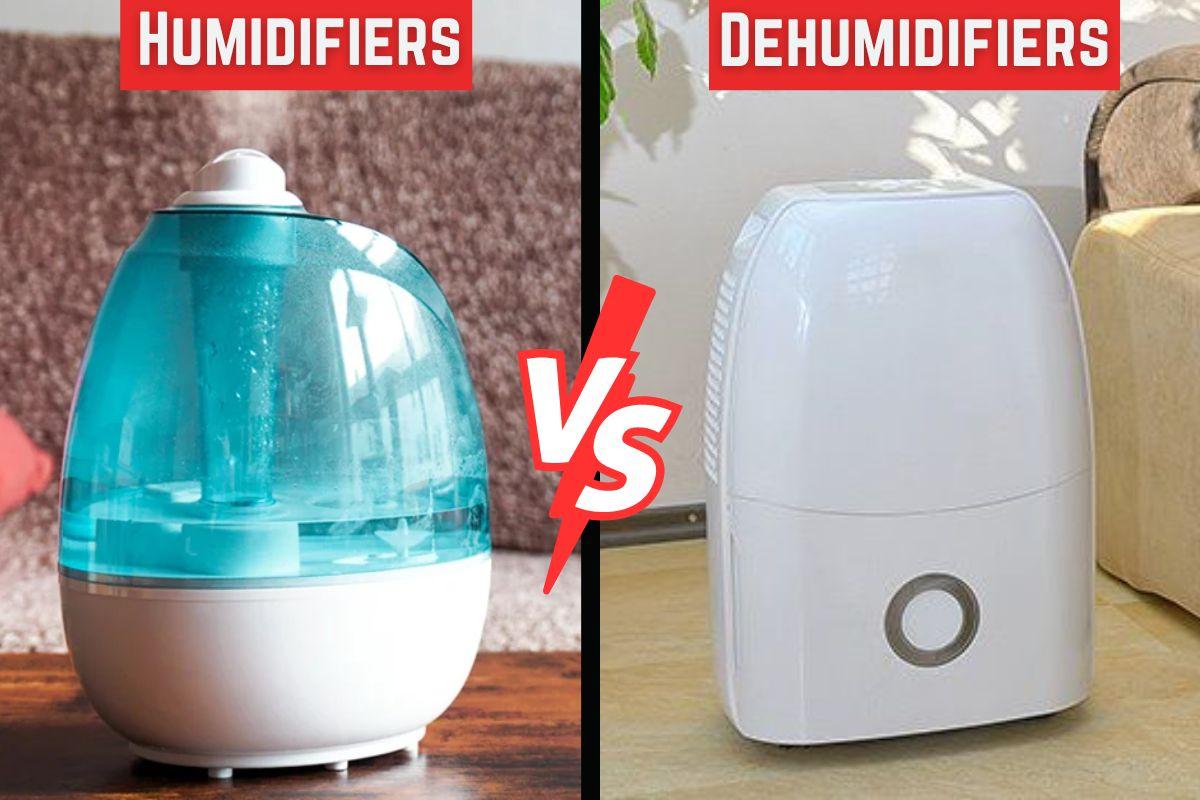
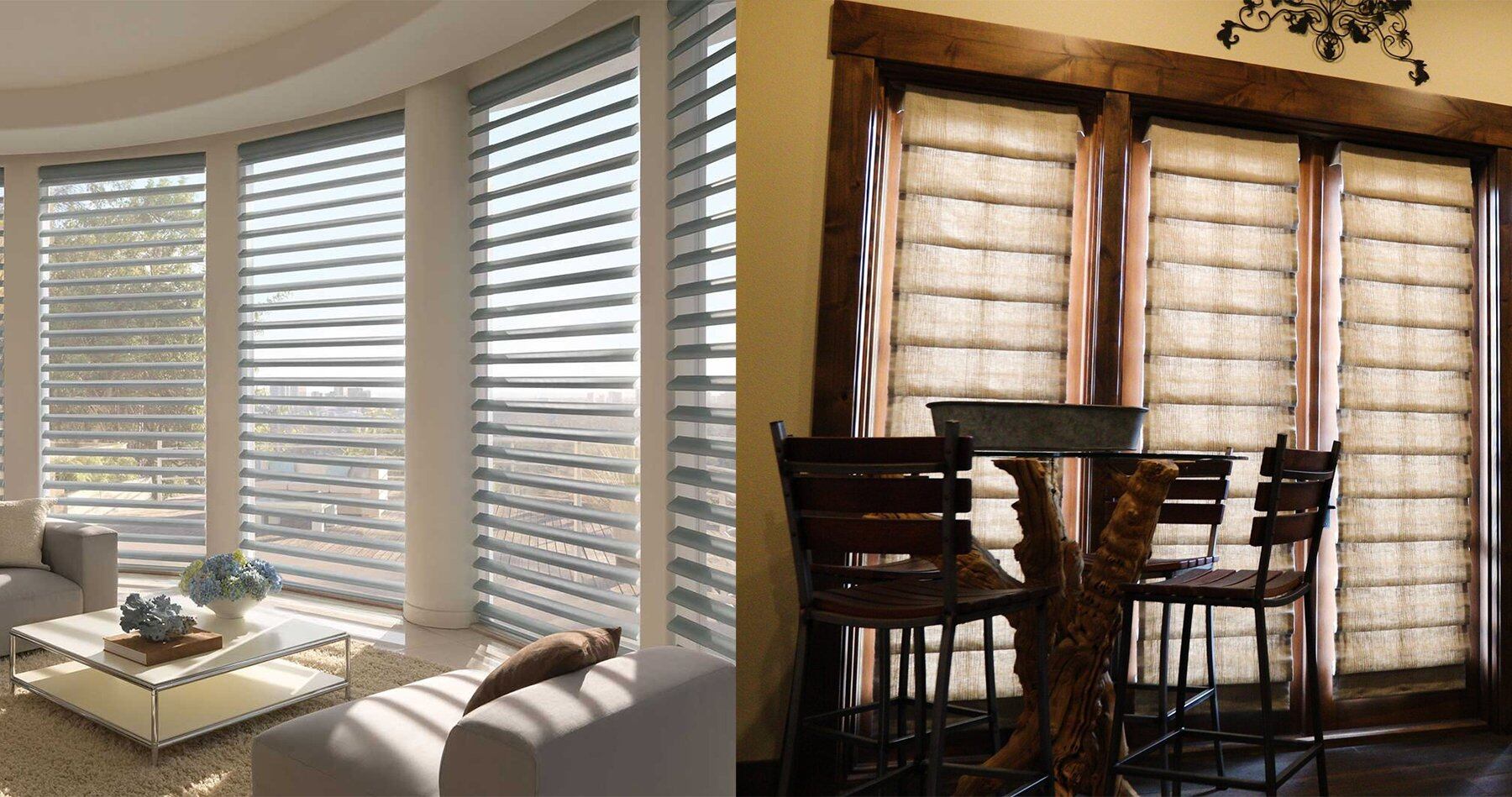




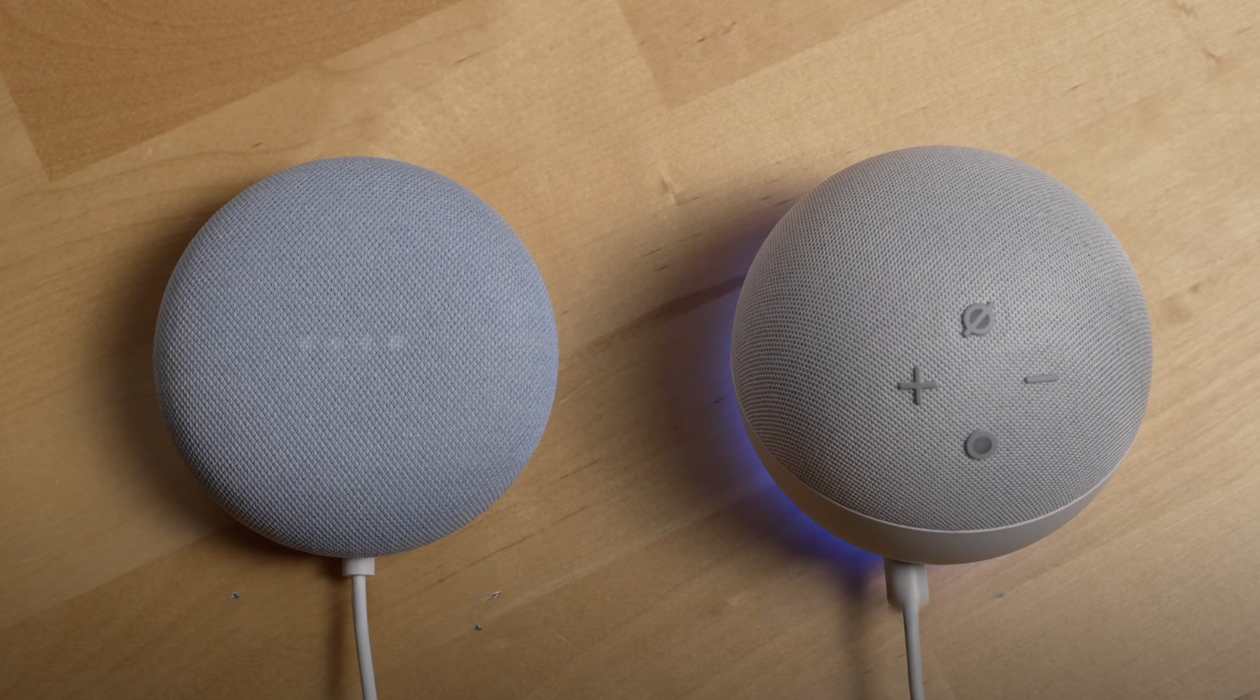

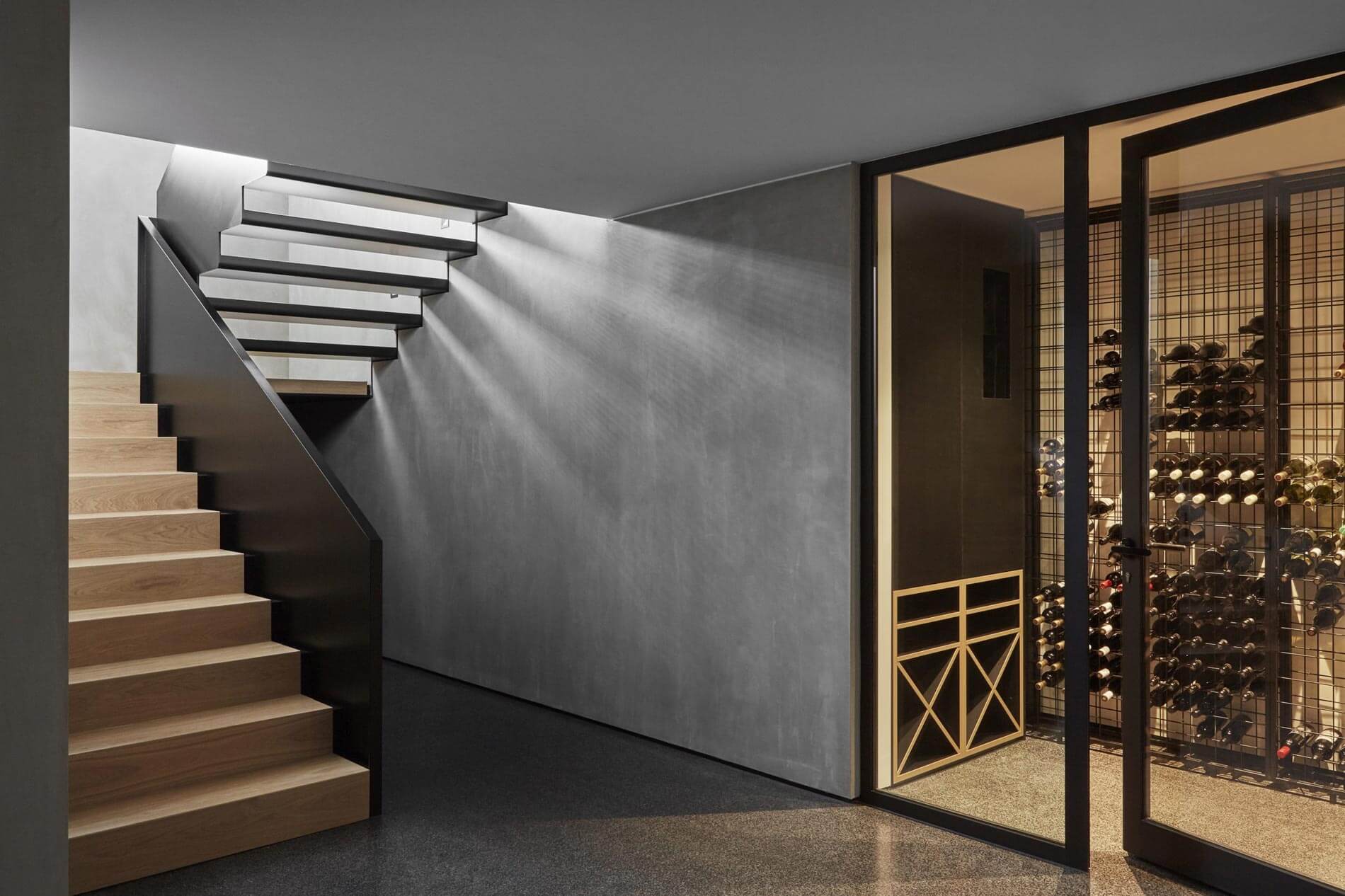
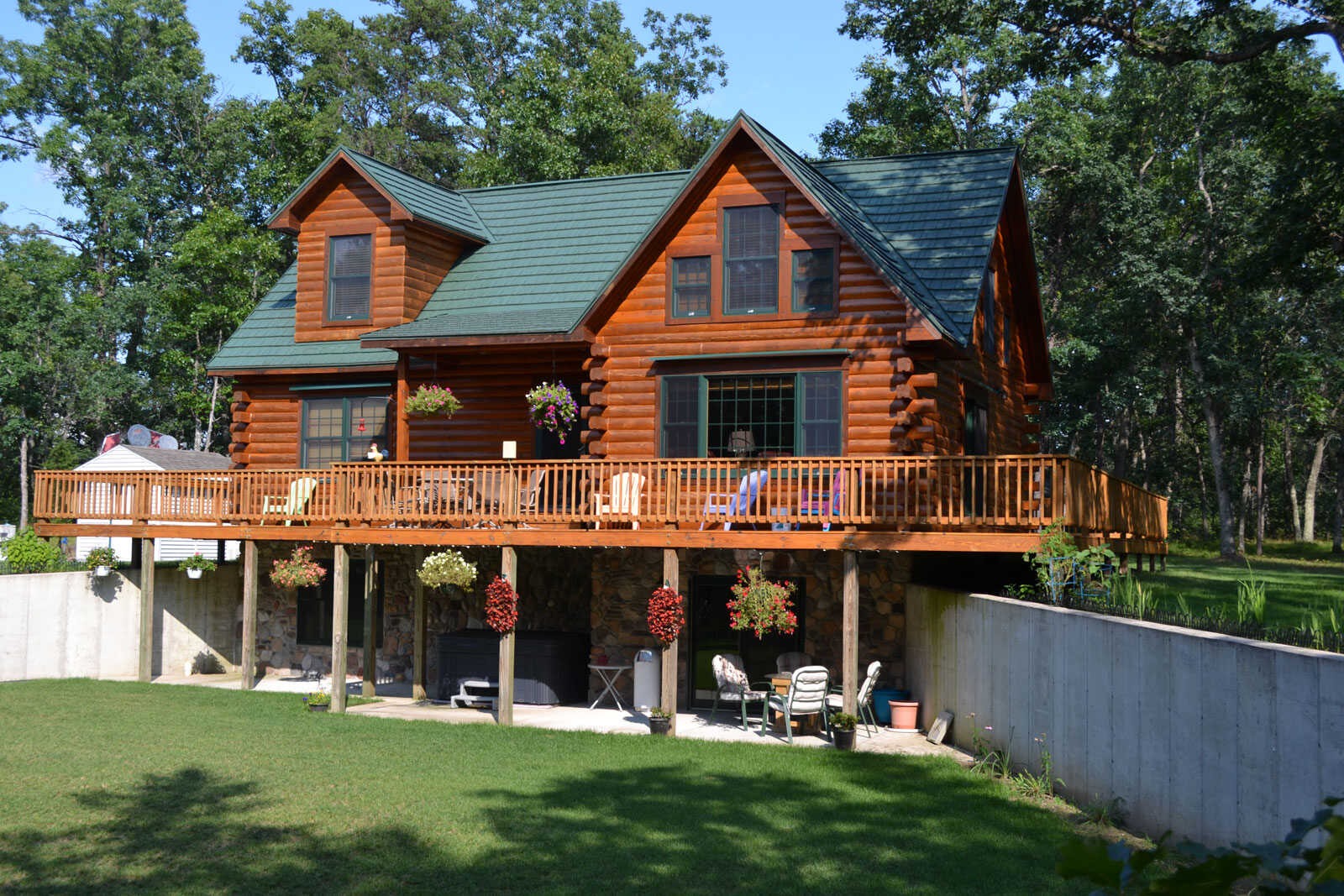

0 thoughts on “What Is The Difference Between Ac And HVAC”